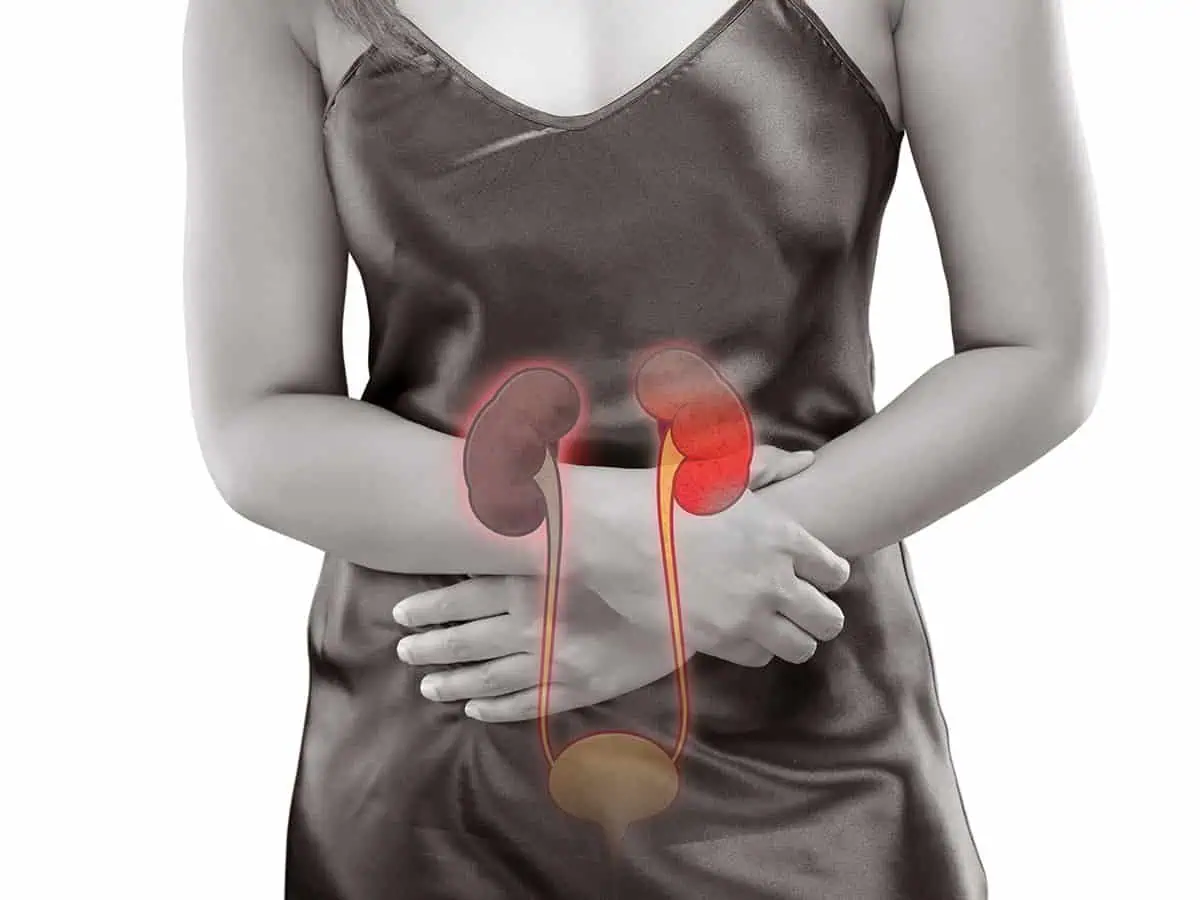
Issue 10/2025
Shaleva, R.
UMBAL “St. Marina” – Varna, MU “Prof. Dr. Paraskev Stoyanov” – Varna
Acute kidney injury (AKI) has emerged as one of the most severe complications of COVID19, associated with increased mortality and worse outcomes. This article summarizes data from a cohort study of 424 hospitalized COVID19 patients, focusing on risk factors for AKI development and early warning markers relevant for general practitioners. The incidence of AKI rises with disease severity and is highest in intensive care settings. In our study, the occurrence of AKI nearly doubled in-hospital mortality (29.8% vs 13.2% in patients without AKI). Key predictors were identified: advanced age (mean 71 years in AKI vs 64 years without), arterial hypertension, diabetes mellitus, chronic kidney disease, and heart failure. Patients who developed AKI already had higher admission levels of blood urea, creatinine, C-reactive protein (CRP), and D-dimer. Based on these parameters, a simple point-based score was developed for early risk stratification at admission. We propose an algorithm to identify high-risk patients and implement preventive measures in order to improve outcomes.
Keywords: COVID19; acute kidney injury; risk factors; biomarkers; risk stratification; primary care; nephroprotection
Address for correspondence:
Dr. Rumina Shaleva
St. Marina University Hospital
1, „Hristo Smirnenski“, Blvd.
9010, Varna
